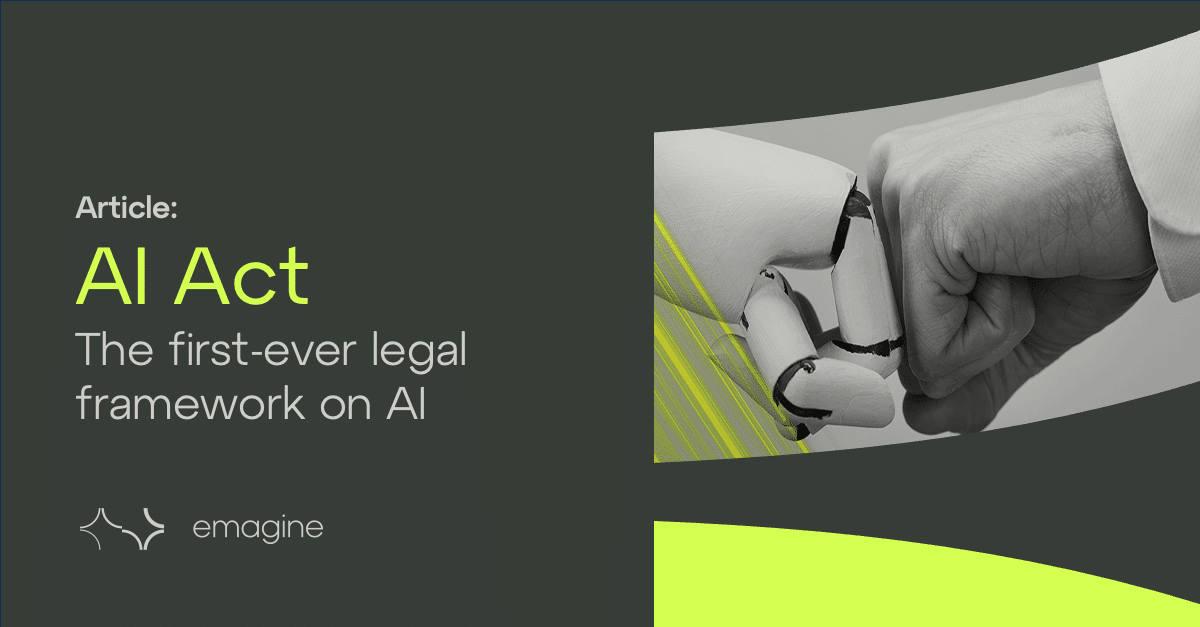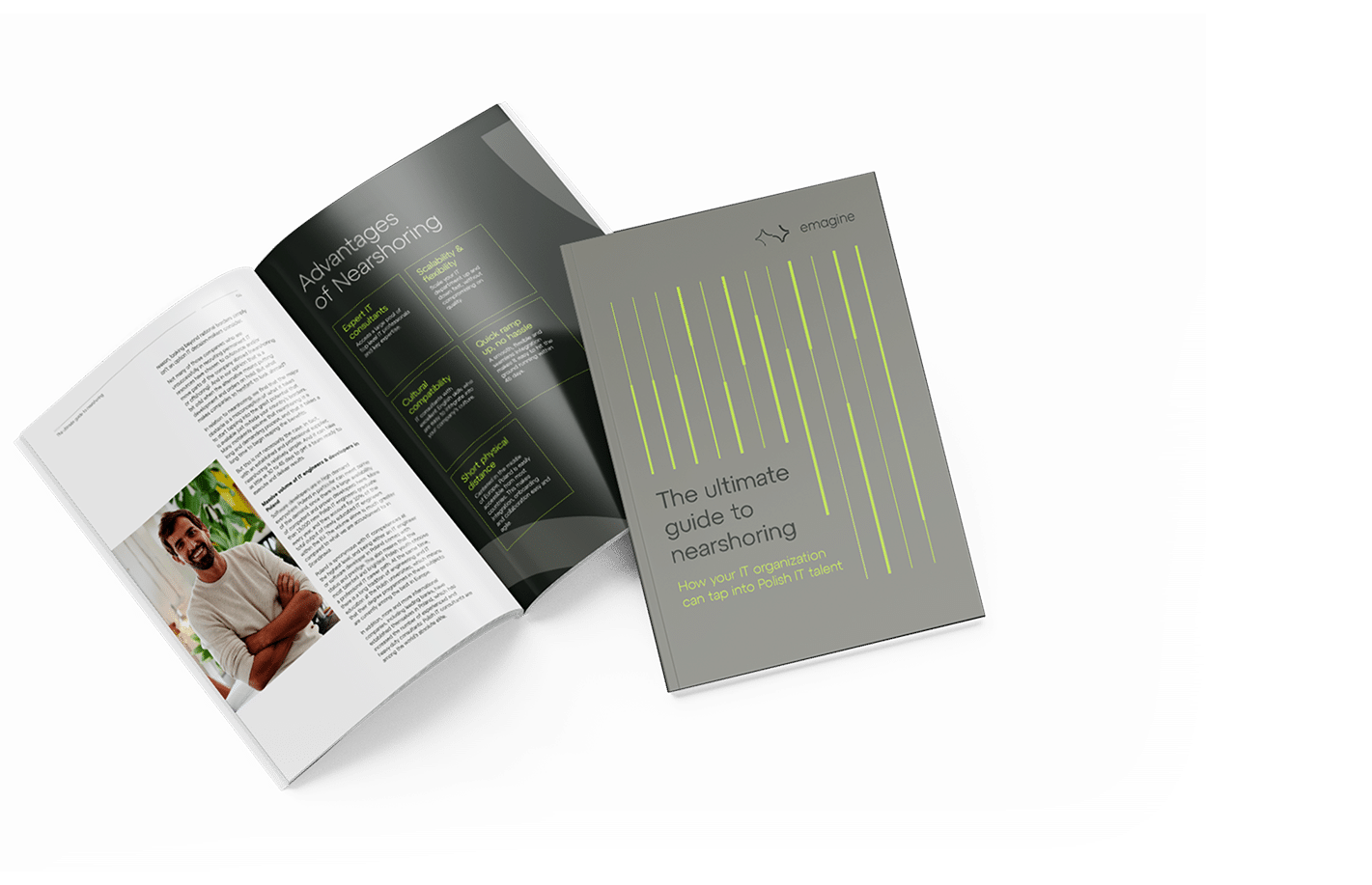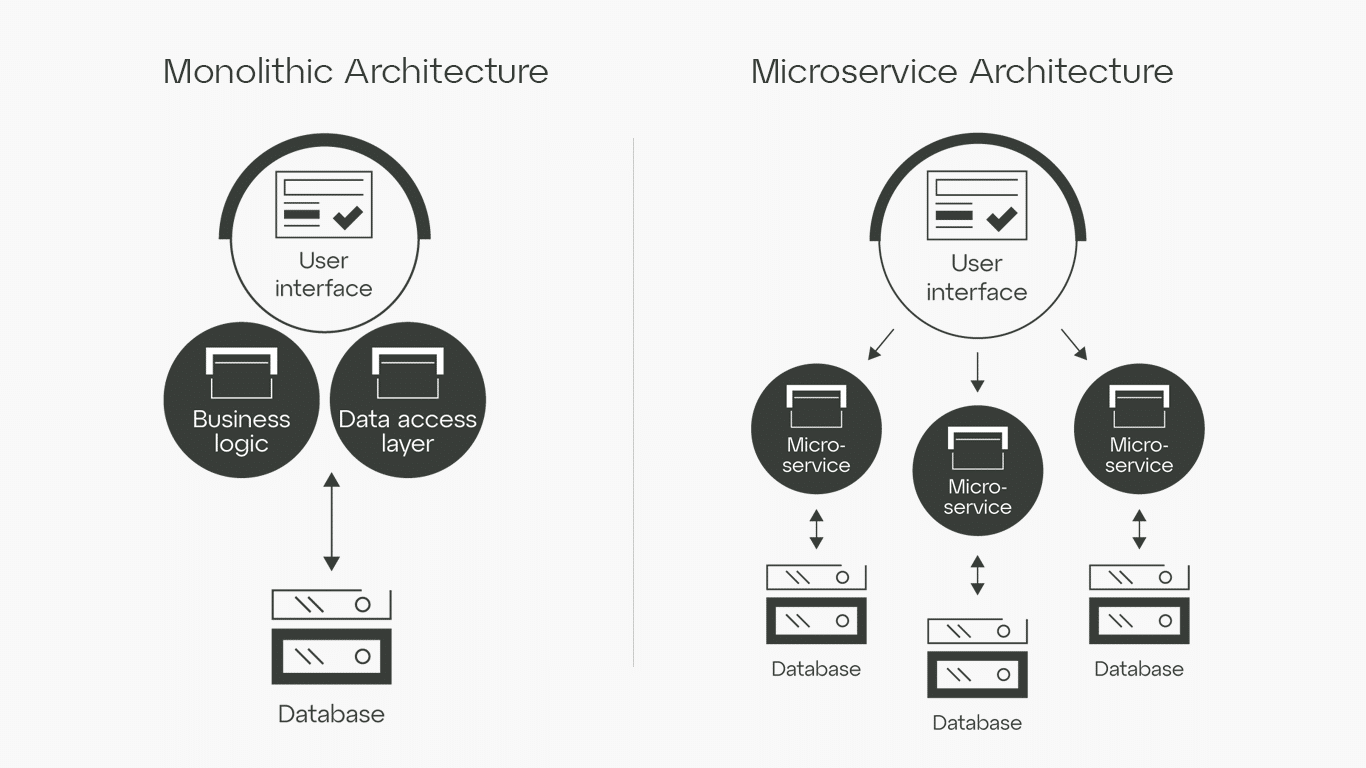Germany entered 2025 in the midst of political uncertainty and economic pressures, having experienced a 0.2% contraction of GDP in 2024 and a lowered growth forecast for the year ahead. Rising costs and skilled labour shortages also pose risks to business growth.
Aside from the aftermath of the February elections, in 2025, Germany’s business landscape will be shaped by evolving regulatory frameworks and increasing digitalisation.
For example, the cost and resources involved in implementing the Digital Operational Resilience Act (DORA) will have a significant impact on the banking and insurance sectors, with many firms still working on compliance, particularly in relation to ICT and third-party supplier risk management.
With the deadline for compliance now gone, there is an urgent need for action, not least because compliance will help businesses to protect against growing cyber security risks.
Financial institutions must adapt to having stricter oversight when pushing forward with digital transformations and leveraging AI to enhance efficiency and risk management.
Digitalisation will continue to drive change across the board, but particularly in critical infrastructure sectors, including rail, and the public sector, where investment in modernisation is essential to meet customer demands.
We expect to see large-scale adoption of AI but the shortage of skilled talent presents a stumbling block, putting emagine in a strong position to plug this resource gap.
Decarbonisation continues to drive the energy sector's transition to renewable energy sources and a greater reliance on wind and solar power.
As businesses navigate economic uncertainties over the next year, those that prioritise digital innovation, regulatory compliance, and scalability will be best positioned for long-term success.























































